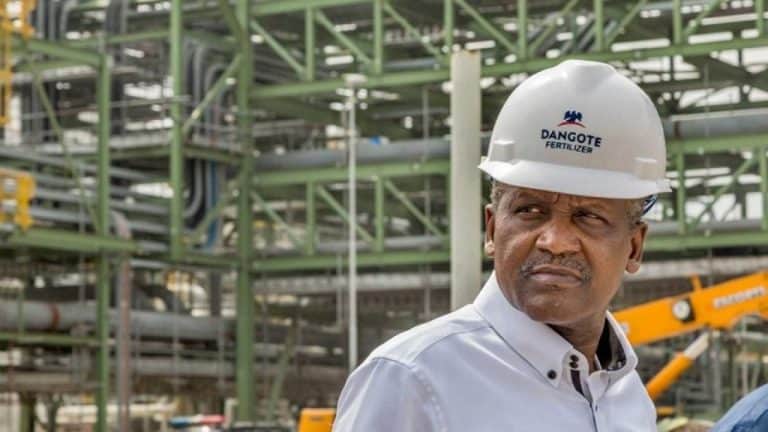The Federal Government of Nigeria may spend approximately N236 billion each month to subsidize Premium Motor Spirit (PMS), commonly known as petrol. This subsidy covers both imported petrol through the Nigerian National Petroleum Company (NNPC) and fuel sourced from the Dangote Petroleum Refinery, which began operations on September 15, 2024.
In a recent statement, Alhaji Aliko Dangote, President and Chief Executive of Dangote Group, urged the government to eliminate fuel subsidies entirely, arguing that doing so would provide a clearer picture of actual petrol consumption in Nigeria. His call received support from the Independent Petroleum Marketers Association of Nigeria (IPMAN) and the Centre for Promotion of Public Enterprise.
Reports indicate that members of the Major Energies Marketers Association of Nigeria have lifted over 50 million liters of petrol from the Dangote refinery in the past week. Analysis of pricing revealed that NNPC sold petrol to marketers at N766 per liter, while it purchased the product from Dangote at N898 per liter, suggesting a government subsidy of N132 per liter.
With Dangote committing to supply 25 million liters daily, this results in a daily subsidy burden of about N3.3 billion for the NNPC, totaling approximately N99 billion monthly. Additionally, with recent data indicating daily petrol consumption in Nigeria at around 45.7 million liters, a projected 20.7 million liters will need to be imported to meet demand.
The landing cost of imported petrol remains high, estimated at N1,117 per liter, leading to an NNPC subsidy of N222 per liter when sold to independent marketers at N895 per liter. This translates to an estimated monthly subsidy of N137.86 billion on imported petrol, bringing the total projected subsidy to N236.86 billion.
Dangote’s comments in New York highlighted the issues with subsidizing fuel, emphasizing that such practices can lead to inflated prices and unnecessary costs for the government. He stated, “Subsidy is a very sensitive issue. Once you are subsidising something, people will bloat the price.”
The discourse around petrol consumption in Nigeria remains complex, with conflicting figures complicating the narrative. Following the removal of the petrol subsidy in May 2023, daily consumption has significantly dropped, prompting questions about whether the reduction reflects actual consumption or reduced smuggling across borders.
Industry experts have echoed Dangote’s sentiments, suggesting that the time has come for the government to reassess its subsidy policies. Mohammed Shuaibu, Secretary of IPMAN, noted that many dealers have begun importing petrol due to high domestic prices, while Dr. Muda Yusuf from the Centre for Promotion of Public Enterprise acknowledged the difficult situation faced by the government regarding fuel pricing.
As the NNPC continues to manage the balance between supply and affordability, stakeholders remain hopeful that the operationalization of Dangote’s refinery will help stabilize the nation’s energy landscape in the long term.

